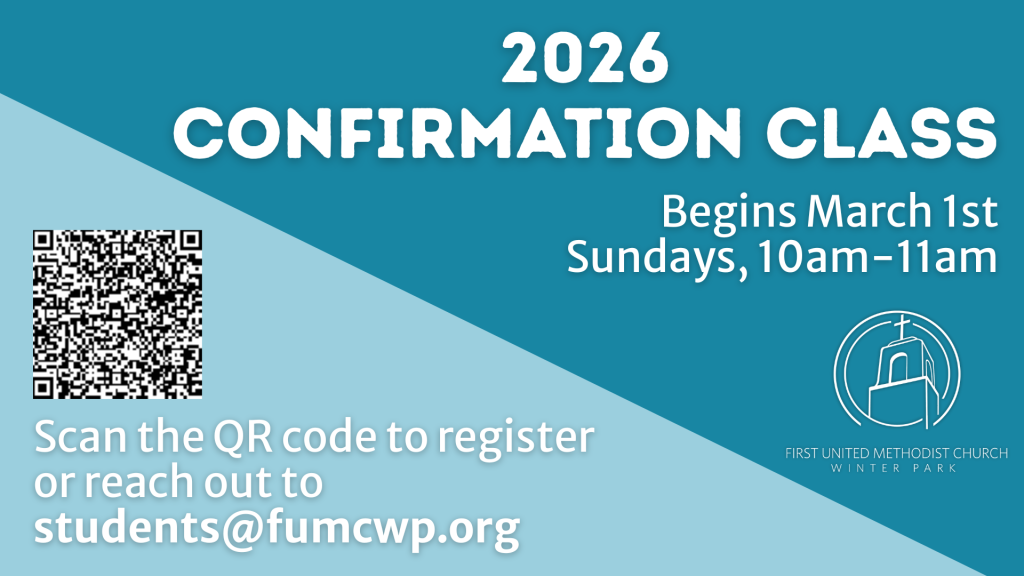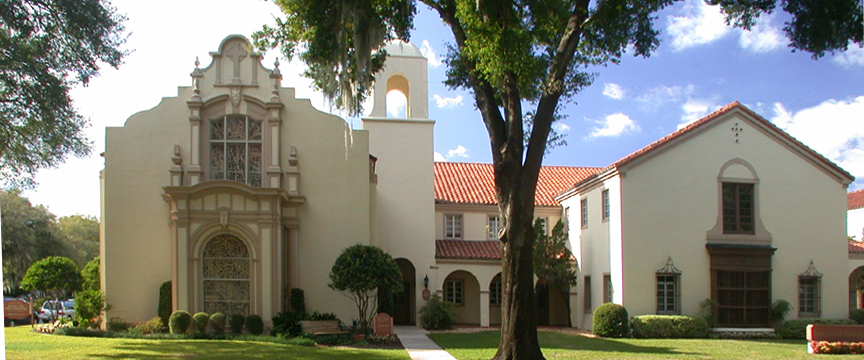There are multiple scenes from “kid” movies that speak deep messages to me. One such scene is from the Lion King when grown Simba comes to face his past and remember his future. He is in a Wilderness space and encounters Rafiki who tells him that he will show him his Father, Mufasa who has been gone for many years. After following this ‘crazy baboon’ to the water’s edge, Simba realizes that it is only his own reflection in the pond. But then Mufasa appears in the night sky and tells Simba to “Remember who you are!” Simba asks a few questions that are soaked in guilt and mistrust and over and over again, his Father tells him to “Remember who you are!”
The story of Amos has now shifted from a divine judgment to a divine reckoning. God, through the prophet Amos, is shouting to the people of Israel… “Remember who you are!” What happened right before this chapter is that the people of Israel, God’s chosen people were reminded of the Covenant they had been blessed by and how they had broken that Covenant. Because of the broken covenant, they will now receive divine judgment and punishment for their lack of reverence for the Covenant. Now the people of Israel are being told through the prophet Amos, that it is high time to “remember who you are”.
Biblical Commentators call Amos 3:3-8 a classical example of an identity crisis. We speak of a person suffering from an “identity crisis” when that person has forgotten who he or she is. These verses in Amos 3:3-8 indicate that a whole people, the entire family of God has forgotten who they are and need to be reminded. This chapter can be read as a calling back to one’s true identity. Both Amos and the hearers are questioning their identity. The hearers (Israel) are saying things like, who gave you authority to speak like this to us and the rebuttal argument of Amos back to the people of God reminding them that they have forgotten their true selves.
Have you ever had an identity crisis? Have you ever entered a dark time in your life that left you fumbling over your identity, your self-worth, your belovedness and who you are deep down? I struggled for many years with my call story into the ministry. I wanted to pursue music in the church – I didn’t want to be a pastor. I had seen the struggles my aunt had walked through as a pastor and I didn’t want that for my story. I remember thinking, I must have heard God wrong. I must be mistaken. This is not the person God has called me to be. But at some point in my struggle, I had that ‘Mufasa’ moment when I decided to “Remember who I am” in Christ and in God’s family. I let go of my misunderstandings, my fears, and my assumptions of what God can and cannot do and I stopped fumbling with my identity.
I wonder if the people of Israel had struggled with their own identity and knew only in words that they were chosen, but it had not sunk in. I wonder if this Identity crisis had been coming on for a while ever since the splitting apart of the Northern and Southern Kingdoms and if the people of Israel had felt lost for a long time. There is something of course about conflict and division that leaves you fumbling for clarity. But it can also be an opportunity for each of us to decide who we are and remember where we come from. Amos asks seven rhetorical questions of the people in this chapter and if you aren’t careful, you may get lost in the metaphorical language. Instead, I hope you see it as a calling back to our natural selves. He uses animal imagery to say that animals never forget who they are and how they function, but somehow, humanity, created in God’s image forgets all the time. I hope that if you are struggling with your identity, if you have forgotten your worth or doubted your belovedness, I hope this devotion gives you hope again to remember who you are. And I hope you will reach out to someone in this church; a friend, a pastor, a leader and let us know how we can help you REMEMBER WHO YOU ARE.











